Ready to dust off your fedora and delve into a world of corruption, trench coats, and good ol’ fashioned justice? Buckle up, because “Chief Detective 1958” is about to crack the case of your next binge-watch obsession. But this show isn’t just a nostalgic trip down memory lane. It also holds a mirror to issues that continue to plague us today. So, is “Chief Detective 1958” a charming period piece or a social commentary in disguise? Let’s find out!
This article goes beyond a simple finale review. We explore the real-world connections of “Chief Detective 1958,” highlighting its relevance to issues like the #MeToo movement and police corruption. You’ll gain a deeper understanding of the show’s themes and its place within the Korean drama landscape.
TL;DR
- “Chief Detective 1958” is a prequel to the classic Korean drama “Chief Inspector.”
- The show follows a team of detectives fighting corruption in 1950s Korea.
- The fast-paced finale tackles themes of justice, abuse of power, and the fight against a corrupt system.
- The show offers a nostalgic look at Korean history and resonates with contemporary issues.
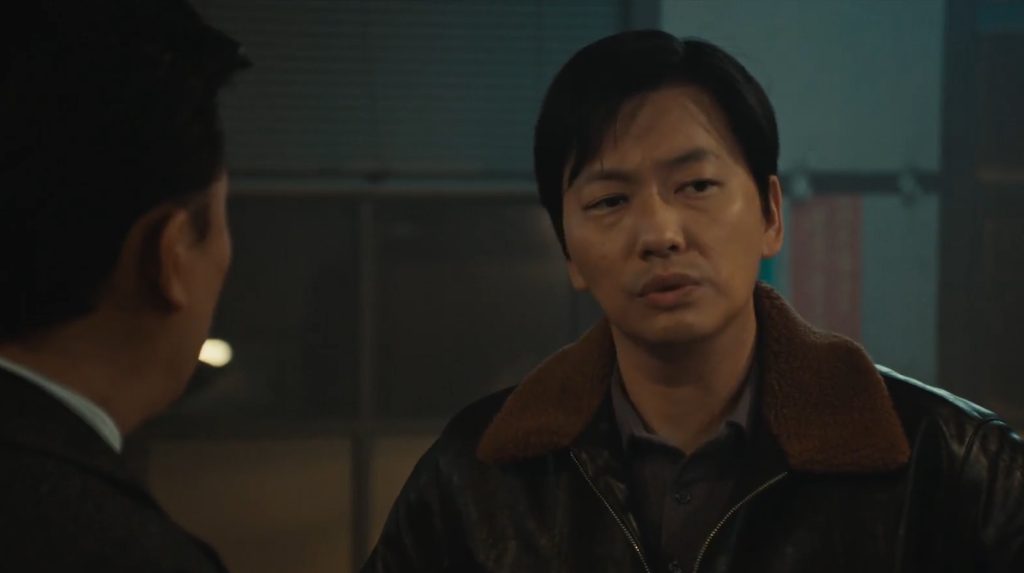
Calling all crime drama fans! Buckle up for a thrilling ride through the streets of 1950s Korea with “Chief Detective 1958,” a prequel to the beloved “Chief Inspector” series. This show throws you headfirst into a world of corruption, determined detectives, and a healthy dose of nostalgia.
A Gripping Finale
The series finale throws out the rulebook, dedicating two whole episodes to a single, sprawling investigation. We finally meet the notorious “four scions,” a group of wealthy brats whose sense of entitlement is only matched by their depravity. These guys have been terrorizing the city for far too long, but thanks to Detective Young-han and his tenacious squad, their reign of terror is about to end.
The four scions in “Chief Detective 1958”:
- Depraved womanizers: They are portrayed as wealthy young men who abuse their power and exploit women.
- Drunk on their fathers’ power: Their wealth and privilege come from their fathers’ positions of influence.
- Infamous in the police department: Their bad behavior is known to the police, but their connections protect them.
- Bravado with no substance: They act tough and arrogant, but the detectives are not intimidated.
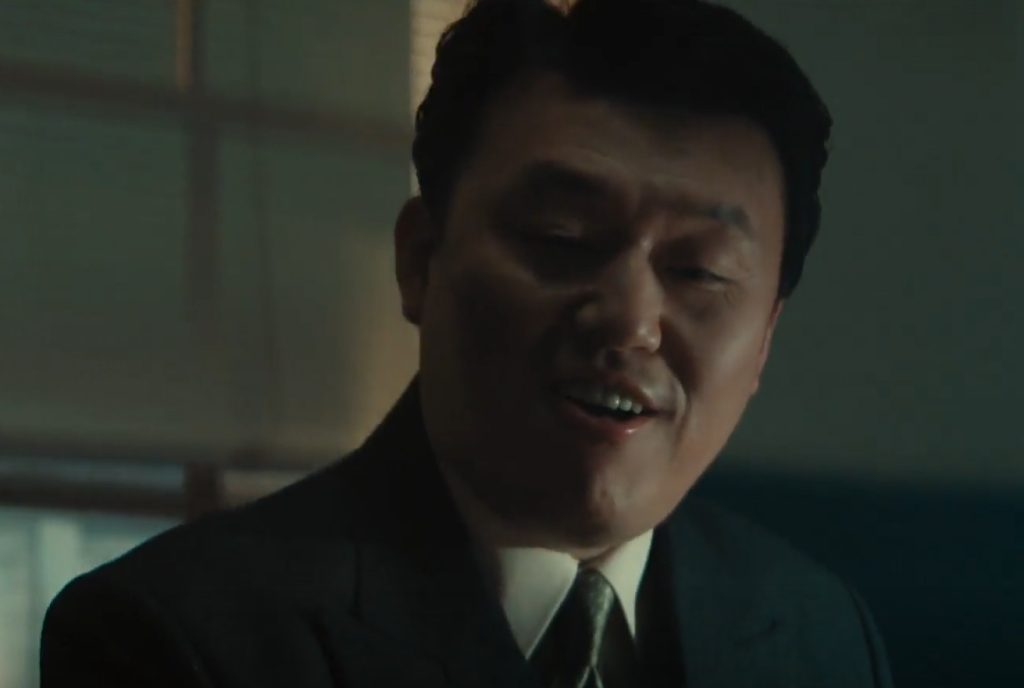
Unearthing a Web of Lies
The case takes a dark turn when the missing women from a local factory turn up dead. Young-han and his crew suspect the scions, but without concrete evidence, their hands are tied. Determined to get justice for the victims, they delve into the city’s underbelly, leading them to a notorious nightclub known as Mokryeongak. There, with the help of a courageous employee who risks everything to expose the truth, they uncover the horrifying truth about the scions’ activities.
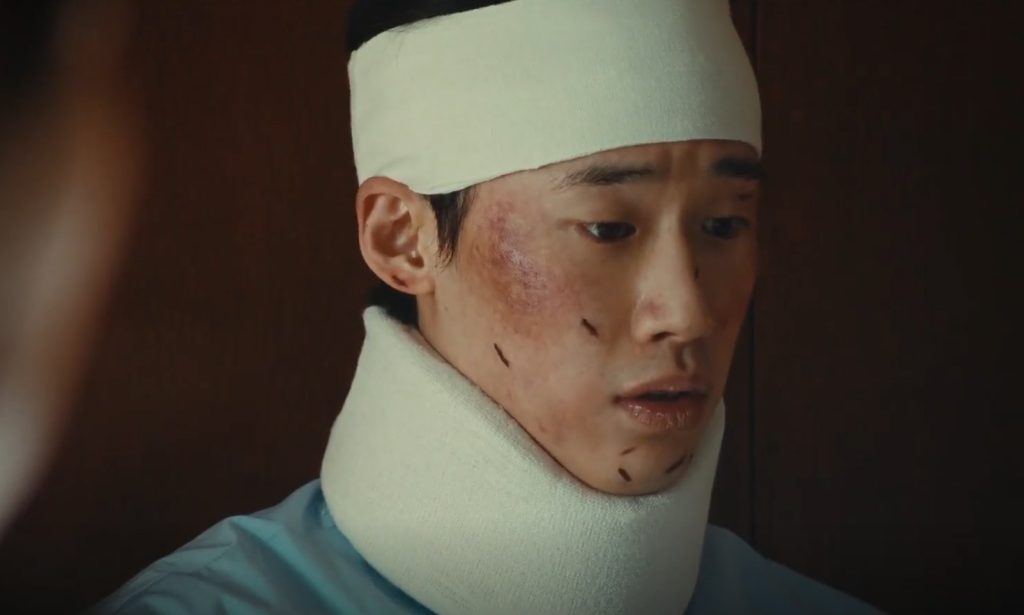
A Shocking Betrayal
Just when you think you have it all figured out, the show throws you a curveball. Enter “Glasses,” the youngest scion who hides his twisted nature behind a facade of meekness. In a shocking betrayal, he turns the tables on his own brothers in a desperate attempt to save himself, adding another layer of complexity to the investigation.
The Climactic Showdown
With the truth exposed and the surviving scion refusing to cooperate, Young-han’s team must find another way to bring the perpetrators to justice. What follows is a heart-pounding chase sequence through the bustling streets of Seoul, a tense hostage situation that will leave you breathless, and a final showdown that throws our heroes into a fight for their lives.
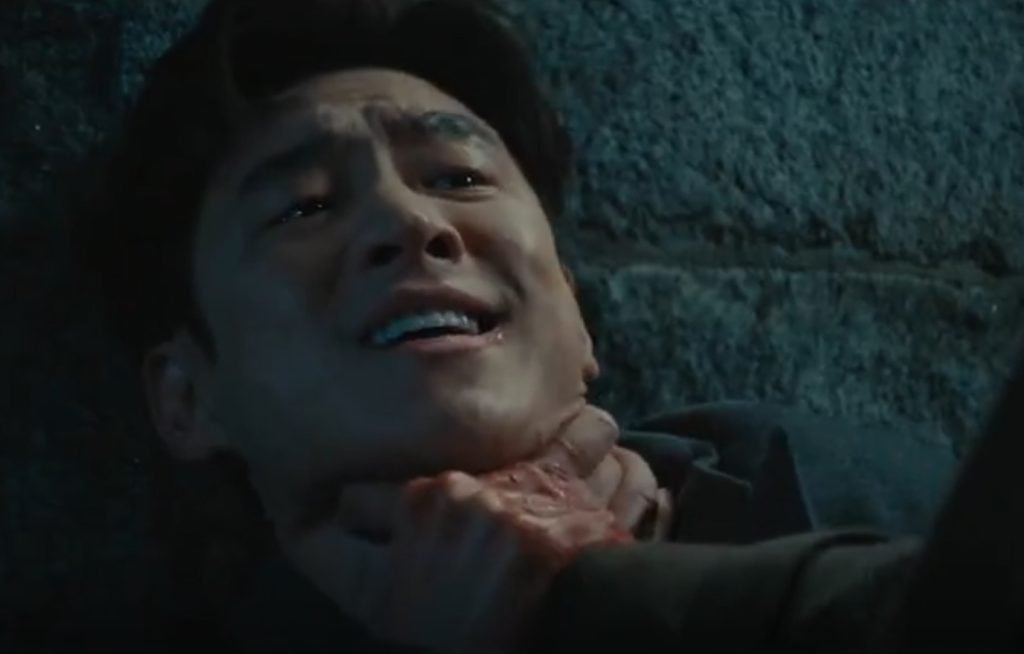
Justice Prevails, But at a Cost
The bad guys are apprehended, and justice is served, but not without sacrifices. The show doesn’t shy away from the emotional toll this case takes on our heroes. They mourn their fallen comrades while acknowledging the systemic corruption that they continue to fight against. The lingering question of how deep this corruption goes and how far they’re willing to go to dismantle it adds a layer of intrigue to the narrative.
A Look Back, A Look Forward
The series finale ends with a bittersweet farewell. We see Young-han take on the mantle of Chief Detective, ready to face the challenges that lie ahead. The weight of his new role settles on his shoulders, but the fire in his eyes assures us that he won’t back down from a fight. The show then jumps to the present day, reminding us of the legacy of these brave detectives and the enduring fight for justice.
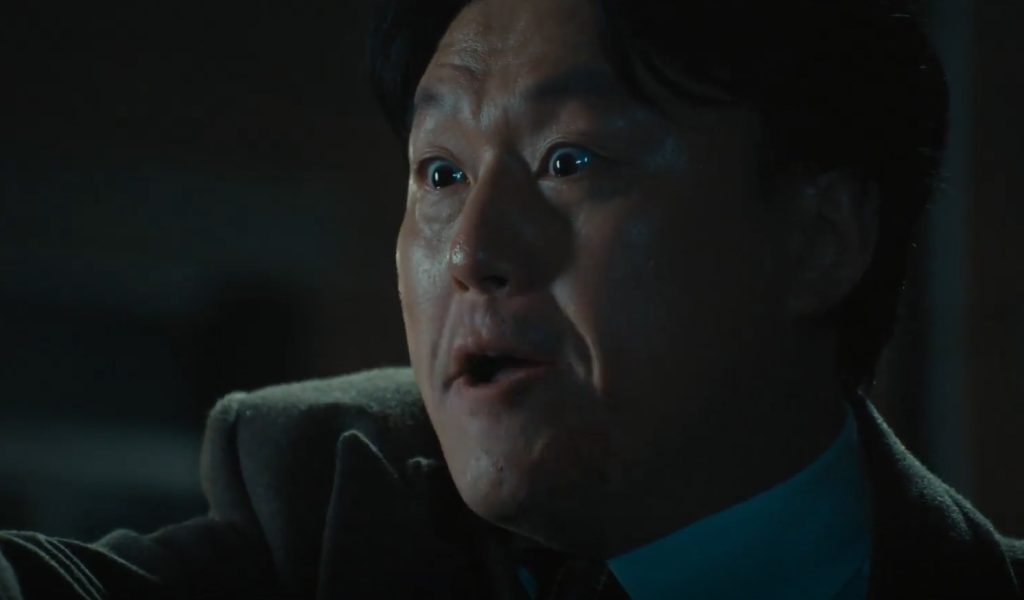
A Nostalgic Gem with Bite
“Chief Detective 1958” might not be breaking new ground in storytelling, but that’s precisely what makes it so charming. It’s a classic crime drama with a heavy dose of nostalgia, offering a compelling window into 1950s Korea. The show’s clear-cut heroes and villains create a fast-paced narrative that tackles social issues and historical events without getting bogged down in complexity.
Is This Show for You?
This show is perfect for anyone who enjoys classic detective stories with a historical twist. It’s a lighthearted watch, perfect for unwinding after a long day. If you’re looking for something with deep philosophical undertones, you might want to look elsewhere. But if you crave a show that’s equal parts entertaining, nostalgic, and offers a glimpse into a bygone era, “Chief Detective 1958” is definitely worth your time.
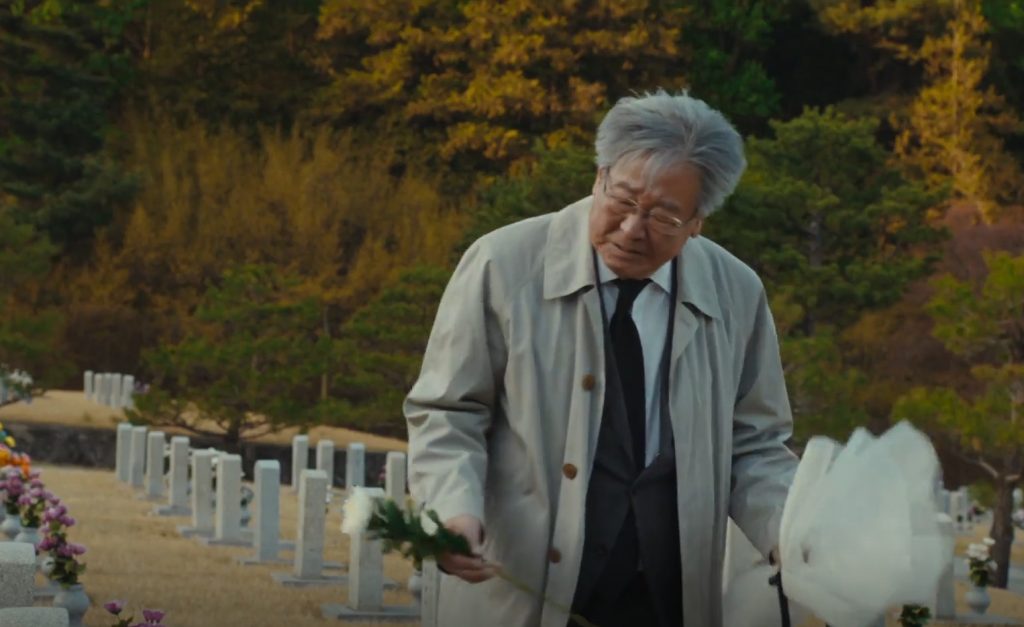
Real-World Connections: Echoes of the Past in “Chief Detective 1958”
While “Chief Detective 1958” is a fictional story, the themes of corruption and the fight for justice resonate with real-world events, even today. Here are a few recent examples:
- #MeToo Movement: The show’s portrayal of powerful men abusing their positions to exploit women aligns with the issues brought to light by the #MeToo movement in 2017. This movement highlighted the prevalence of sexual harassment and assault, particularly in workplaces (sources: https://en.wikipedia.org/wiki/MeToo_movement, https://www.nytimes.com/2017/10/05/us/harvey-weinstein-harassment-allegations.html).
- Corruption in Law Enforcement: The show’s exploration of a corrupt police superintendent reflects ongoing discussions about misconduct within law enforcement. Cases like the 2020 Black Lives Matter protests brought renewed attention to police brutality and racial bias in the United States (source: https://blacklivesmatter.com/). While “Chief Detective 1958” takes place in South Korea, police corruption is a global issue, and the show serves as a reminder of the importance of holding law enforcement accountable (source: https://www.transparency.org/en).
- Importance of Whistleblowers: The character in “Chief Detective 1958” who risks their job to expose the truth about the scions highlights the crucial role of whistleblowers in uncovering wrongdoing. Recent examples include Edward Snowden, who leaked classified information about National Security Agency surveillance programs in 2013 (source: https://simple.wikipedia.org/wiki/Edward_Snowden), and Chelsea Manning, who exposed US war crimes in Iraq and Afghanistan in 2010 (source: https://simple.wikipedia.org/wiki/Chelsea_Manning).
These are just a few examples of how “Chief Detective 1958” connects to contemporary issues. The show’s exploration of timeless themes makes it not just entertaining but also thought-provoking.
Ready to Dive In?
So, is “Chief Detective 1958” a perfectly preserved time capsule or a cleverly disguised indictment of the present? The answer, like the good detective himself, might surprise you. One thing’s for sure: justice may be served with a side of nostalgia, but the aftertaste lingers long after the credits roll.







